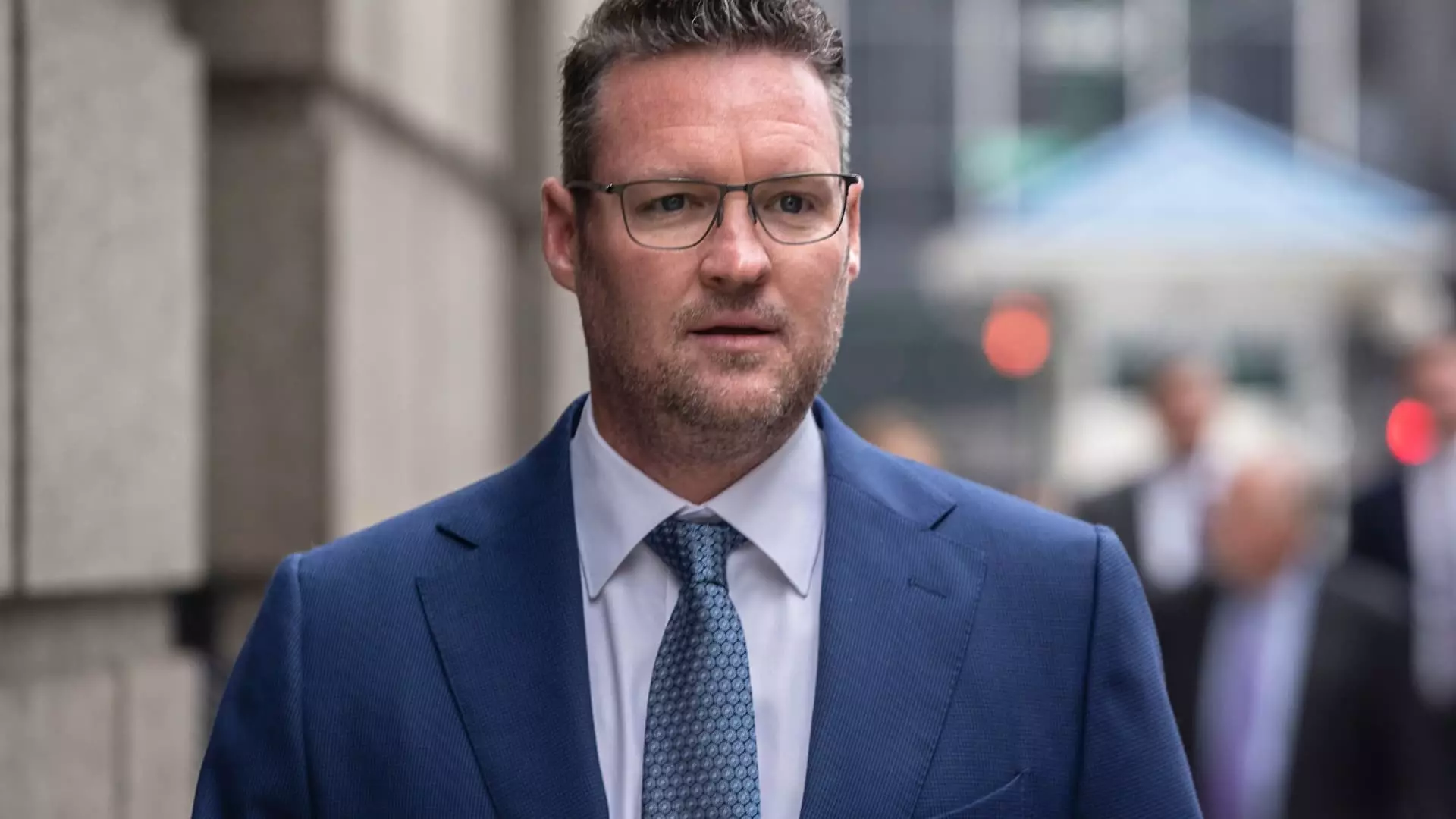The recent pardon of Trevor Milton, the disgraced founder of Nikola Corporation, by former President Donald Trump serves as a profound illustration of the intertwined nature of privilege, politics, and the erosion of justice in America. Milton’s conviction for defrauding investors was not merely a legal issue. Instead, it was a glaring manifestation of how some individuals can escape accountability through political connections while everyday Americans face the consequences of their actions. The pardon gives rise to vital questions about justice, equity, and the selective application of laws in our country.
Milton, sentenced to four years for securities and wire fraud, is not just a criminal; he is a symbol of a broader problem where financial elitism sits comfortably with political influence. His celebrity-like status within business circles, facing little more than respite from a prison sentence for actions that devastated many, is a stark reminder that wealth can often overshadow justice. The fact that the pardon came shortly after his significant political donations to Republican entities strikes a particularly sour note. This suggests a troubling quid pro quo relationship, where financial sacrifice on the campaign trail can pave the way for legal immunity.
The Human Cost of Corporate Deceit
What makes Milton’s case even more troubling are the personal stories behind the financial ruin he inflicted. Prosecutors revealed that victims of his deceitly crafted schemes included ordinary investors—many losing life savings, retirement funds, or money borrowed to invest. The humanitarian aspect of this story cannot be understated, as every dollar Milton manipulated for his own gain was hard-earned by those he deceived. Rather than being condemned for his actions, Milton is upheld—at least in his own eyes—as a martyr of an unjust system, which he claims “railroads” people like him.
This takes us to the chilling reality that such a pardon sends to those who have become victims of similar corporate malfeasance. When a high-profile figure like Milton is given a second chance by a former president, it invariably sends the message that accountability is negotiable—something that can be bought and sold in the political marketplace. Milton, in an Instagram announcement from his car, regarded the pardon as a day of liberation from his “persecutors.” This attitude starkly contrasts with the grief and despair experienced by countless investors who were left in financial ruin.
The Legal Quagmire of Image Versus Reality
Despite attempts to articulate his perceived innocence, the facts tell a different story. Milton’s indictment showed an alarming level of calculated deceit, which included grandiose claims about the capabilities of Nikola’s products that were patently false. Proceedings against him revealed glaring vulnerabilities within the justice system, as case after case of fraud unravel in a nation founded upon merit and accountability. Milton’s insistence on a political witch hunt, aligning himself with former President Trump’s own narrative of selective justice, dilutes the real grievances of those he harmed.
Is personal responsibility truly as malleable as Milton and others like him would suggest? This situation exemplifies why public trust in institutions, especially the legal system, is eroding. Milton positions himself as both victim and victor, further complicating the narrative around accountability in a society that is increasingly punitive to the small-fry while indulging larger fish.
The Broader Implications for Democracy
As we reflect on Milton’s pardon, it’s vital to consider its implications for democratic values. The blurred line between political favoritism and justice composition raises uncomfortable questions about how the political elite interacts with the law. When high-stakes politics mingle with criminality without consequence, it jeopardizes the foundational principle that no one is above the law.
Milton’s remarks about judges, suggesting they blindly trust prosecutors, reflect a larger crisis of confidence in the system as a whole. Milton’s struggles, though indeed tragic for him personally, pale in comparison to the thousands of Americans who face riveted attention in the courtroom without the benefit of a political lifeboat. This is less about Milton’s personal vindication and more about the unanswered questions of whether any American truly receives the justice they deserve, particularly when intertwined with high-level political machinations.
The Milton debacle, despite painting him as a poster boy of resilience, starkly illustrates an ongoing post-truth era in which expertise is eclipsed by influence. The travesty of his pardon, therefore, is not just his escape from judgment, but also a clarion call to reexamine the principles of justice, accountability, and democracy in our nation, and how they are being continually bent to fit the narrative of the powerful.

